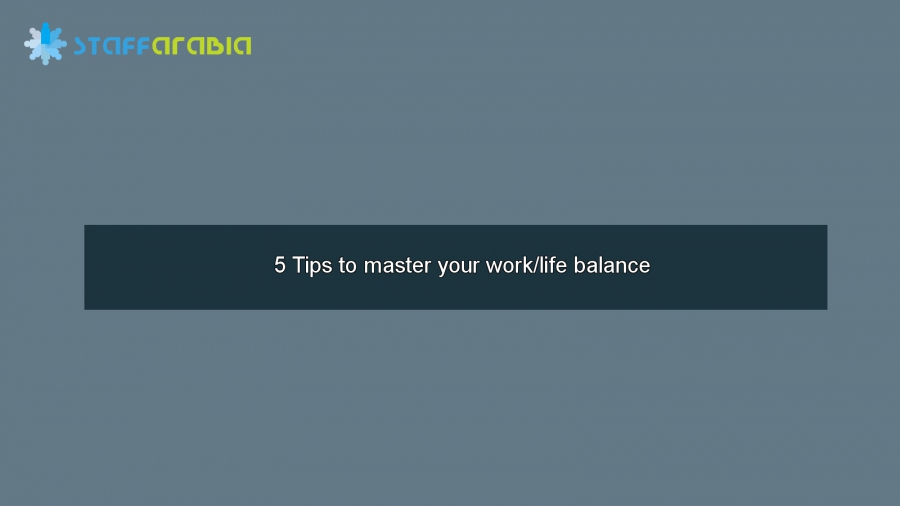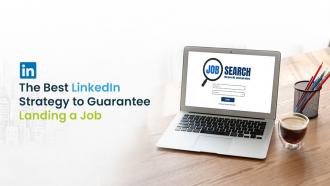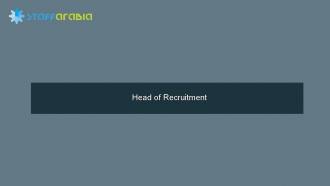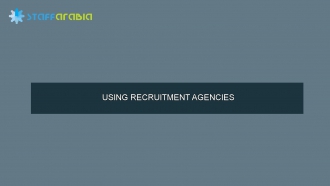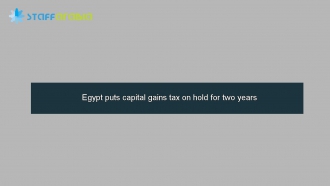
While the concept of a balance between your work and your play has been around for decades, more companies today, especially startups, are putting work/life balance at the forefront of their recruiting.
Here are five ways can help you find a more equitable balance between your work life and home life — and help you maximize productivity in both areas.
1. Master your inbox
With smartphones, we're always on. An email reminder at 8 p.m. can easily spiral into a two-hour long back-and-forth that shifts your attention away from family, friends and leisure.
If being on-call isn't mission critical to your job, prioritize certain messages in your inbox and ignore others.
Ask your IT team to set up a coded inbox system that identifies messages as urgent and non-urgent and notes the time a sender needs a response by.
If possible, hold non-urgent messages until the morning.
Also, see if your company's operations department is interested in limiting "reply-all" emails that include dozens of recipients.
While they may not draw you away for long periods of times, reply-alls can distract you during your off hours.
2. Wear a fitness tracker to make sure you're active at home and the office
Wearables can help you maximize a number of activities that affect your work/life balance. The first is sleep.
Use your fitness tracker to monitor your sleep cycle and find the best time to wake up. The more you snooze in the morning, the less likely it is that you'll have enough time to eat breakfast, exercise or accomplish important tasks in the morning.
Additionally, fitness bands can send your alerts when you're idle. That could be when you're at your desk and haven't gotten up in hours, or when you're home on the couch not getting any work done (the lesser talked-about side of a bad work/life balance).
Finally, trackers will watch your activity levels and help you set goals. If fitness before, after or during work is important to you, a wearable device can offer personalized recommendations to help you reach specific goals, like walking two miles a day or reducing the amount of time you spend sitting.
It can also put those items on your calendar, so you don't forget them.
3. Plan your dream vacation; you don't have to take it this year
While your dream vacation may always seem years away, try to bring it closer to fruition through any of travel agent programs.This allows you to create a vacation bucket list as you discover destinations and plan local experiences.
From a work/life balance standpoint, just being able to visualize a vacation before you take it can release stress and give you something to look forward to.
4. Cut down on excessive meetings that create more meetings and needless work
If meetings are a major part of your workday, there's a good chance they could be keeping you at the office and cutting into your free time.
According to recent study; workers spend 31 hours a month in unproductive meetings — time that could be better spent being productive or leaving work earlier.
To avoid excessive meetings that butt into your free time and hamper your productivity, ask your operations department about policies and technology that could put a cap on the number of meetings you can be invited to.
Further, ask if the company is interested in establishing restricted blocks around lunchtime, so no meetings can be scheduled during time when workers could be decompressing.
5.Cut down on your social media usage; it's distracting you at work and cannibalising your free time
Whether you're at home or at work, there's a good chance you're dawdling on social media.
According to recent study, people spend 1.72 hours per day on social networks.
If you can decrease the amount of time you spend on social media, there's a good chance you'll be more productive and enjoy your free time more.
Social media is certainly not a bad thing, but if it's eating into your leisure time, you may want to rein in your activity.

